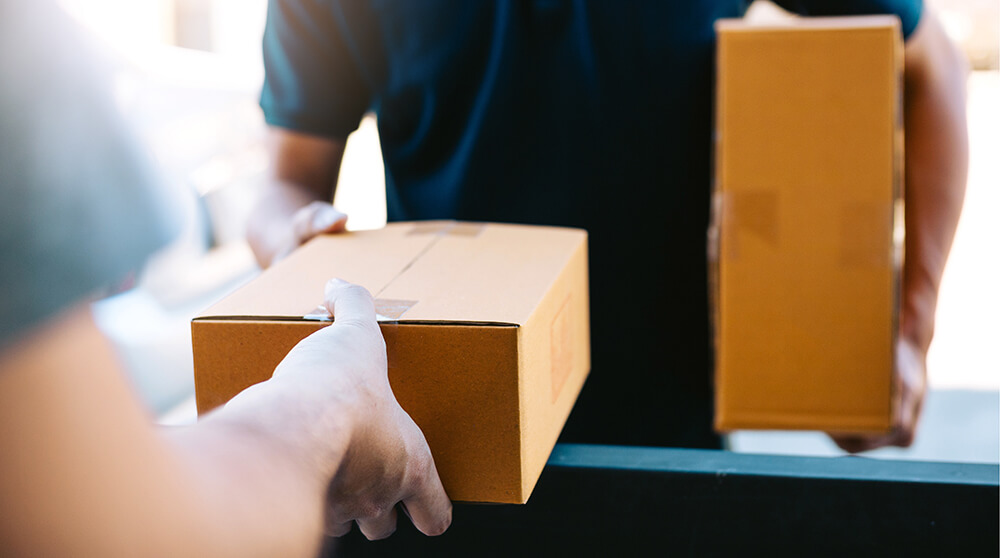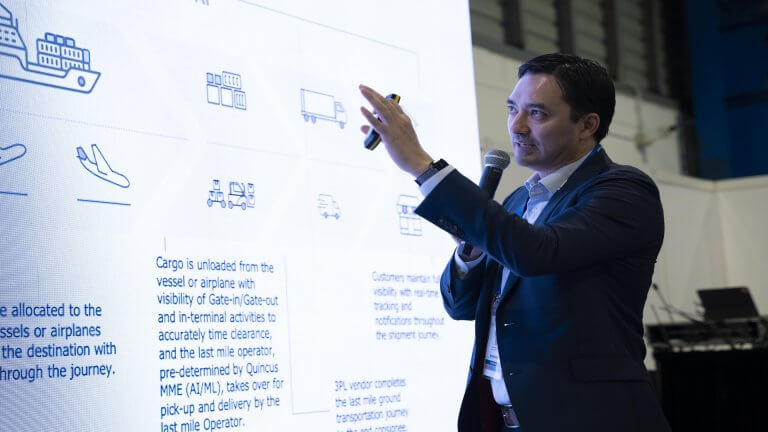
The Last-Mile Impact on Customer Satisfaction in Asia
The most expensive part of the order-to-customer cycle–last-mile delivery–also the most critical. In Asia, where customer satisfaction for deliveries is low and logistics costs are high, a focus on optimizing the last mile is essential to any retailer or shipper’s competitive edge.
A key regional example is Indonesia, where, despite a 37% increase in online purchase frequency year-on-year, nearly 30% of customers surveyed rated their delivery experience at 1-star. Combined with logistics expenses as high as 30% of GDP in some developing Asian countries (compared to below 5% of GDP in developed countries), this makes capitalizing on delivery growth opportunities in Asia harder and costlier than it should.
Poor customer service and lack of proactive communication are common delivery pain points among Asian customers. But these in turn create pain points for retailers and shippers: it is difficult to provide updates without knowing the exact whereabouts of a given package at any given point in time, and the impact external factors like traffic congestion, bad weather and port capacity can have on delivery dates.
Real-time sensor data and smart algorithms are addressing this by creating a constant inflow of information from both internal and external sources, and turning this information into predictive insights. Such mobile and sensor networks require strong connectivity infrastructure, which research indicates will be in place throughout Asia Pacific in the near future; by 2025, the region is expected to see 4G penetration of 65% and 5G penetration of 23%. On the country level, developing markets like Indonesia and India are expected to see 4G penetration of more than 80%, while developed ones like South Korea are expected to lead the regional 5G race at 67% penetration.
Supported by robust connectivity across all routes and hubs, retailers and shippers in Asia can maintain visibility of packages on an order-by-order basis, and leverage machine learning to factor data on weather, traffic, and other environmental conditions into route generation and lead time estimates. Whether conveyed to customers via phone call, tracking page, or app notification, this clarity is a powerful differentiator in the last-mile delivery experience. Global studies have shown that 90% of online shoppers stop purchasing or purchase less frequently due to poor customer service–an outcome that can be avoided with data-driven, end-to-end order management and shipment processing.
While delivery time may be an old and persistent pain point for Asian customers, it translates into multiple pain points for retailers and shippers. Poor infrastructure in countries like Indonesia (particularly past the main island of Java), the Philippines and Vietnam hamper shipments, while bottlenecks in the form of traffic gridlock, long waits at ports and lengthy trade clearances only stretch the last mile further. Research shows that delivery times in the Philippines can run as long as 7-8 days between the small islands, while in Vietnam customs processes can add as many as 21 days to shipping.
Solving each of these pain points calls for the use of advanced analytics in two key areas: route optimization and order prioritization & allocation. Data from order preferences, road conditions, driver schedules, delivery vehicle capacity and more can be automatically parsed to generate shortest possible routes to the customer, while enabling shipments to be merged in transit to cut down time spent on round trips and pickups. This not only helps ensure customer satisfaction through speedier deliveries, but keeps fleet costs down and can unlock inroads into additional opportunities: some studies have found that consumers in Indonesia, for instance, are willing to pay as much as an additional 100% for same-day deliveries.
Start laying the groundwork for customer satisfaction by optimizing your last-mile operations. Book a demo with us today.
—
Sources:
Subscribe to keep up with our latest news









